- Version
- Download 16
- File Size 0.00 KB
- File Count 1
- Create Date May 29, 2023
- Last Updated May 29, 2023
Peer Learning and Mentorship for Neonatal Management Skills: A Cluster-Randomized Trial
Abstract
Background: Clinical knowledge and skills acquired during training programs like Helping Babies Breathe (HBB) and Essential Care for Every Baby (ECEB) decay within weeks or months. We assessed the effect of a peer learning intervention paired with mentorship on retention of HBB and ECEB skills, knowledge, and teamwork in 5 districts of Uganda.
Methods: We randomized participants from 36 Ugandan health centers to control and intervention arms. Intervention participants received HBB and ECEB training, a 1 day peer learning course, peer practice scenarios for facility-based practice, and mentorship visits at 2 to 3 and 6 to 7 months. Control arm participants received HBB and ECEB training alone. We assessed clinical skills, knowledge, and teamwork immediately before and after HBB/ECEB training and at 12 months.
Results: Peer learning (intervention) participants demonstrated higher HBB and ECEB skills scores at 12 months compared with control (HBB: intervention, 57.9%, control, 48.5%, P = .007; ECEB: intervention, 61.7%, control, 49.9%, P = .004). Knowledge scores decayed in both arms (intervention after course 91.1%, at 12 months 84%, P = .0001; control after course 90.9%, at 12 months 82.9%, P = .0001). This decay at 12 months was not significantly different (intervention 84%, control 82.9%, P = .24). Teamwork skills were similar in both arms immediately after training and at 12 months (intervention after course 72.9%, control after course 67.2%, P = .02; intervention at 12 months 70.7%, control at 12 months 67.9%, P = .19).
Conclusions: A peer learning intervention resulted in improved HBB and ECEB skills retention after 12 months compared with HBB and ECEB training alone.
Trial registration: ClinicalTrials.gov NCT03252275.
Copyright © 2022 by the American Academy of Pediatrics.

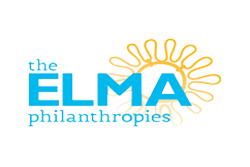
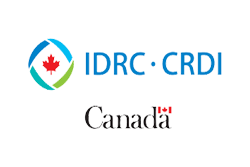
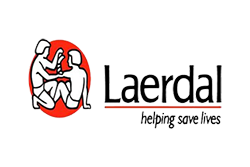

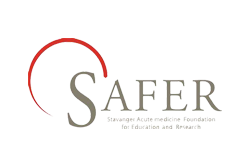
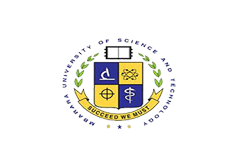

Leave a Reply